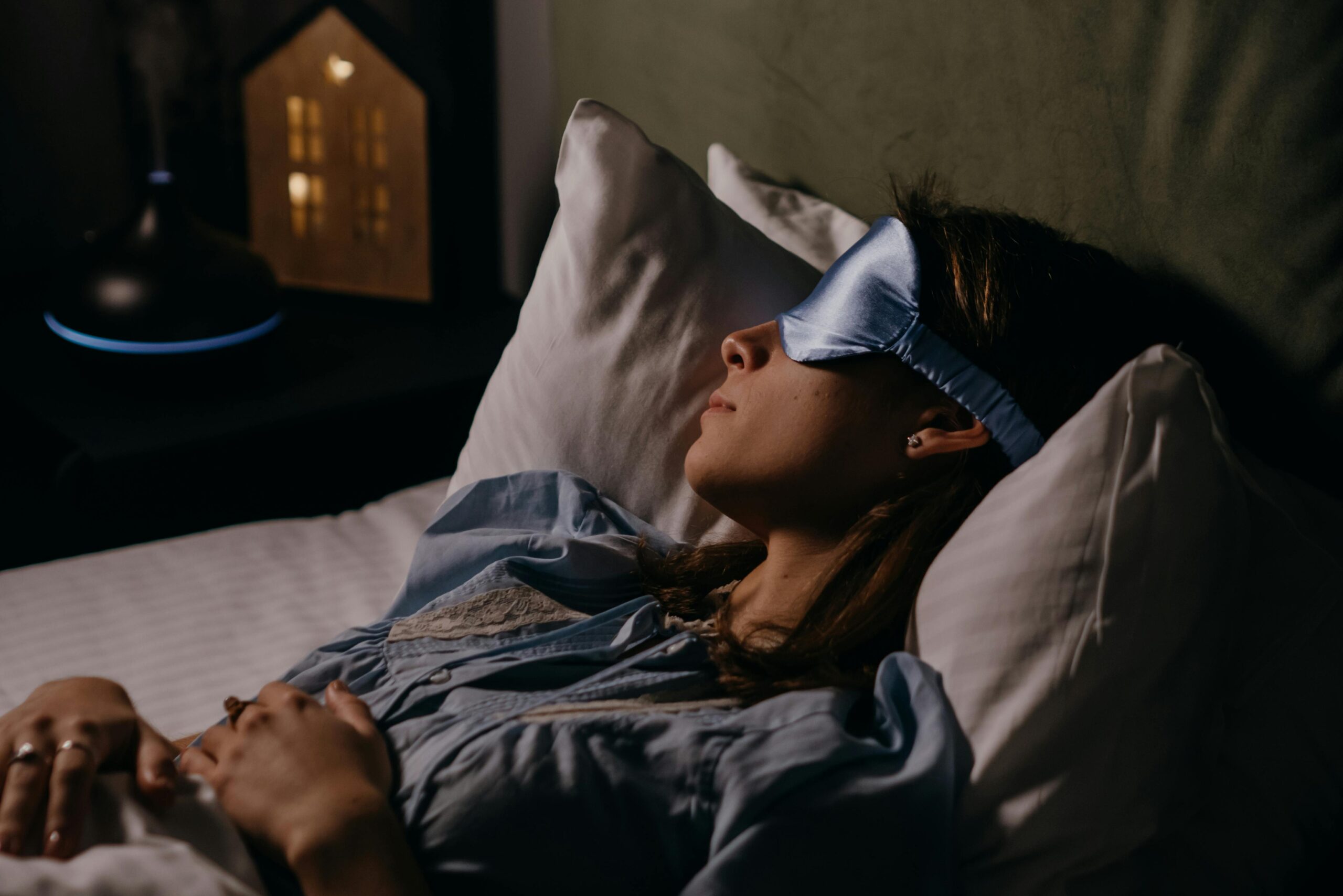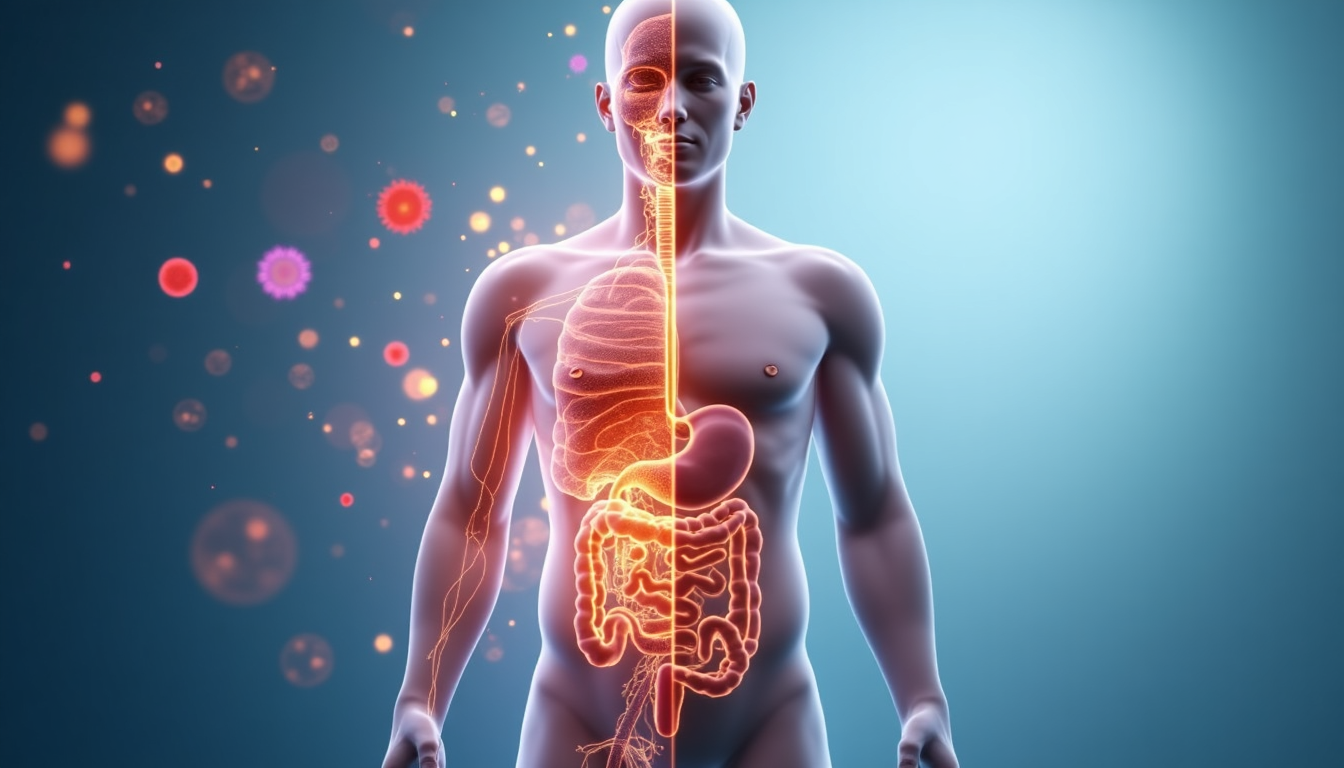
Hormone Imbalances and Sleep: Why Cortisol and Progesterone Matter
Hormone imbalance and sleep is often an overlooked relationship when considering sleep problems. Difficulty falling asleep, waking in the night, or feeling unrefreshed in the
New research published last week in Neuropsychopharmacology shows that frequent coffee or tea drinkers who reach for their morning brew in order to stimulate themselves are merely reversing the fatigue caused by acute caffeine withdrawal. In tests on 379 individuals at the University of Bristol, Peter Rogers found that ‘…we don’t gain an advantage from consuming caffeine – although we feel alerted by it, this is caffeine just bringing us back to normal.’
Approximately half the participants were non/low caffeine consumers and the other half were medium/high caffeine consumers. All abstained from caffeine for 16 hours. They were then asked to rate their levels of anxiety, alertness and headache before and after being given either a caffeine pill or a placebo. They were also asked to carry out a series of computer tasks to test their levels of memory attentiveness and vigilance.
The medium/high caffeine consumers who received the placebo reported a decrease in alertness and an increase in headache. These symptoms were not reported by the group that received caffeine. However, their post-caffeine levels of alertness were no higher than the non/low consumers who received a placebo, suggesting that caffeine only returns coffee drinkers back to ‘normal’.
Caffeine causes increased anxiety and raised blood pressure, making it a poor choice for many individuals. It also causes an imbalance in blood sugar that can cause irritability and fatigue. For a hot drink that has a similar taste to coffee, why not try Barley cup or dandelion coffee available from health food shops – both are naturally caffeine free. Alternatively, herbal teas may replace a morning cup of tea. Green tea contains antioxidants that can improve health and peppermint tea can soothe digestive discomfort.

Hormone imbalance and sleep is often an overlooked relationship when considering sleep problems. Difficulty falling asleep, waking in the night, or feeling unrefreshed in the

‘Detox’ has become one of the most misunderstood concepts in modern wellness. For many people, it brings to mind juice cleanses, restrictive diets or short-term resets promising quick results. Yet the body’s true detoxification systems are far more complex — and far more intelligent — than any cleanse.

Anxiety and gut health are closely linked through the gut–brain axis. Research suggests the gut microbiome, neurotransmitters and genetics may influence stress responses and emotional well-being. Exploring gut microbiome and nervous system insights can help build a more personalised understanding of anxiety.

Strange symptoms can puzzle anyone. Your body might show signs ranging from headaches and skin rashes to digestive problems and anxiety. Doctors sometimes struggle to explain these mysterious health issues that affect millions of people worldwide.
Please do not return samples to the laboratories that may arrive after Wednesday 27th March and up to and including Monday 2nd April.
The laboratories are closed from the 28th March – 2nd April for the Easter Holiday.